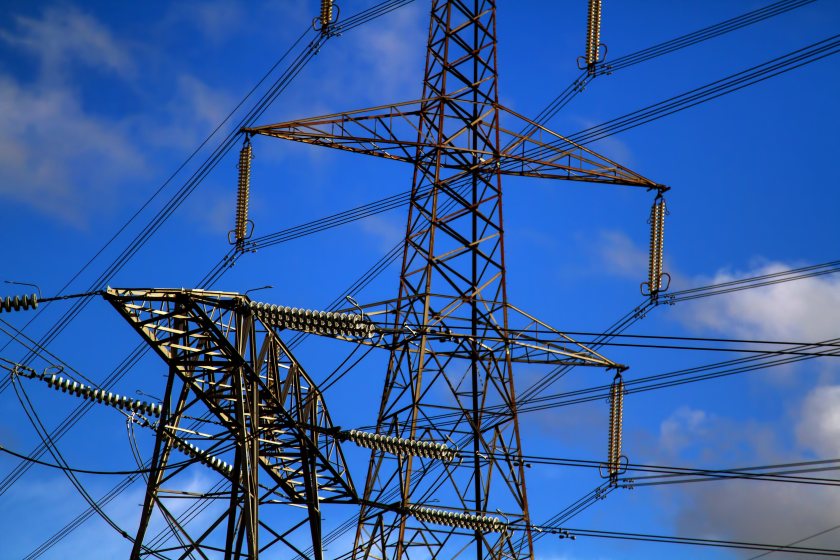
More than 300 Welsh farmers and landowners have launched a High Court challenge against energy company Green GEN Cymru, accusing it of abusing its legal powers to “force” access onto private farmland.
The legal action, filed by New South Law, alleges that Green GEN and its land consent agents have acted “coercively and unlawfully” while trying to enter properties to carry out surveys for three major pylon routes spanning more than 200km across Powys, Ceredigion and Carmarthenshire, extending into Shropshire.
The claimants say the company’s agents have ignored legal safeguards, entered land without permission, and caused “fear, distress and anxiety” among rural communities.
Lawyers argue Green GEN has overstepped its authority as an Acquiring Authority—a body allowed to compulsorily purchase land for public projects—by failing to comply with statutory notice requirements before seeking access.
According to the claim, the company’s conduct has created “a significant power imbalance”, with agents allegedly threatening landowners with bailiffs or arrest if they refuse entry.
The case also raises serious biosecurity concerns, accusing agents of crossing farm boundaries in dirty vehicles and clothing, risking the spread of diseases such as bovine tuberculosis (TB) and sheep scab.
Many of the affected farms lie within active TB control zones where strict hygiene rules apply. Lawyers say Green GEN’s disregard for these measures could expose farmers to major financial losses if an outbreak occurs.
More than half of the affected livestock owners report disease cases within five miles of their holdings, and 17% confirm infections within the past year.
The legal team, representing grassroots coalition Justice for Wales and countryside charity CPRW, reports that 80% of landowners have felt “scared, alarmed or distressed” by Green GEN’s conduct, with some seeking mental health support. Half say they never received the required s.174 statutory notice before company agents tried to access their land.
Lawyers allege that Green GEN has ignored requests to produce evidence of these notices and, in some cases, relied on correspondence sent to deceased landowners as proof of consent.
Several harassment notices and trespass reports have now been filed with police, while video footage shared by landowners shows agents entering protected habitats and ignoring requests to leave.
Natalie Barstow, named claimant and founder of Justice for Wales, said the group had been left with “no choice but to seek legal action through the High Court as a result of this bullying campaign by Green GEN.”
She added: “We’ve had hundreds of reports from people feeling as if their homes are being invaded. Many feel powerless and fearful of being arrested or prosecuted. While we support green energy, Green GEN’s completely unreasonable behaviour should not be allowed to continue.”
Barstow, who runs an award-winning campsite and a small family farm in mid-Wales, said the company’s actions were “intrusive, intimidating and utterly lacking in respect” for rural communities.
“We’re used to working with companies that require land access—it’s part of rural life—but this situation is entirely different,” she said.
Her concerns are echoed by countryside campaigners who say the company’s conduct risks long-term harm to rural Wales.
Jonathan Colchester, chairman of CPRW, warned that the company’s actions were “eroding fundamental rights” and damaging the Welsh countryside. “Everyone has the legal right to be treated fairly and with respect, and the countryside has the right to be protected from harm,” he said.
Mary Smith, a solicitor at New South Law, said the case “raises fundamental questions about accountability in the UK’s renewable-energy transition.”
She added: “Holding the status of an Acquiring Authority carries a responsibility to act lawfully and treat the public reasonably. It does not grant companies a free pass to pursue commercial objectives through oppressive and unlawful means.”
The claimants are seeking urgent injunctions to prevent further unauthorised access while the High Court reviews the case, which could have significant implications for how future energy infrastructure projects are conducted across rural Britain.
